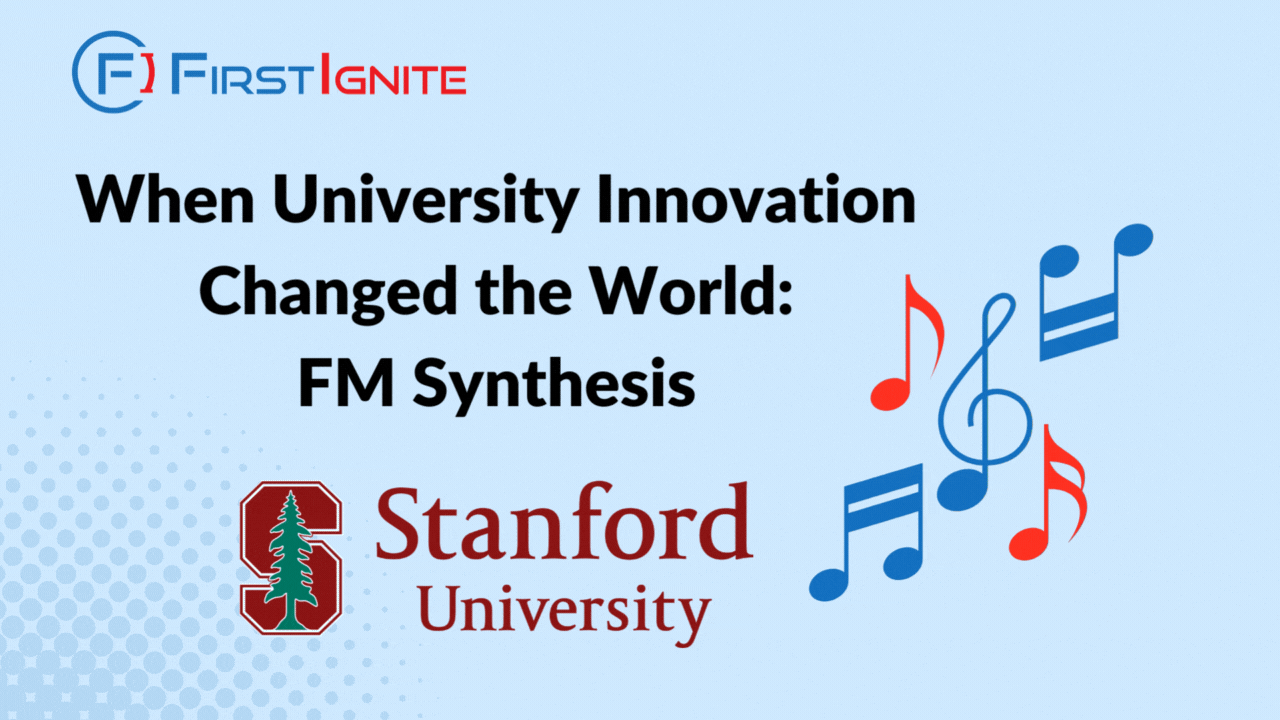
Did you know that a researcher and composer at Stanford University discovered frequency modulation (FM) synthesis? Dr. John Chowning developed the sound technology that is commonly used today.
Before the development of FM synthesis, the main technology used for sound synthesis was AM synthesis. While AM synthesis is still used today, its sound quality is often poor and susceptible to interference due to the limitations of the technology. In 1967, while working at Stanford University, Dr. Chowning discovered FM synthesis while exploring ways to create sounds that were different from those produced by analog synthesis. FM synthesis has the ability to efficiently create a wide range of clear sounds, including bell timbres, metallic tones, tine tones of electric pianos, as well as punchy bass and synthetic brass sounds. The FM synthesis patent was licensed to Yamaha ($3.34 billion in revenue in 2022) by Stanford University in 1973. This patent led to the development of various FM synthesizers for music production. As a result of this partnership between Stanford University and Yamaha, FM synthesis emerged as a widely used sound synthesis method.
FM synthesis technology is currently widely used in the fields of radio and music production. The FM radio industry is experiencing growth as it is utilized not only by individuals but also by industries such as aerospace and defense. In 2019, the global FM radio market was worth $267.71 billion and is projected to reach $458.09 billion by 2027.
Innovation at universities can lead to significant breakthroughs and change the world. Keeping up with university innovation is crucial to your organization’s competitiveness as it allows you to identify new technologies that can help to give you a competitive edge in the market. FirstIgnite can help your organization identify and partner with the specific universities, laboratories, and experts you need in order to discover the next groundbreaking sound technology, like FM synthesis.




